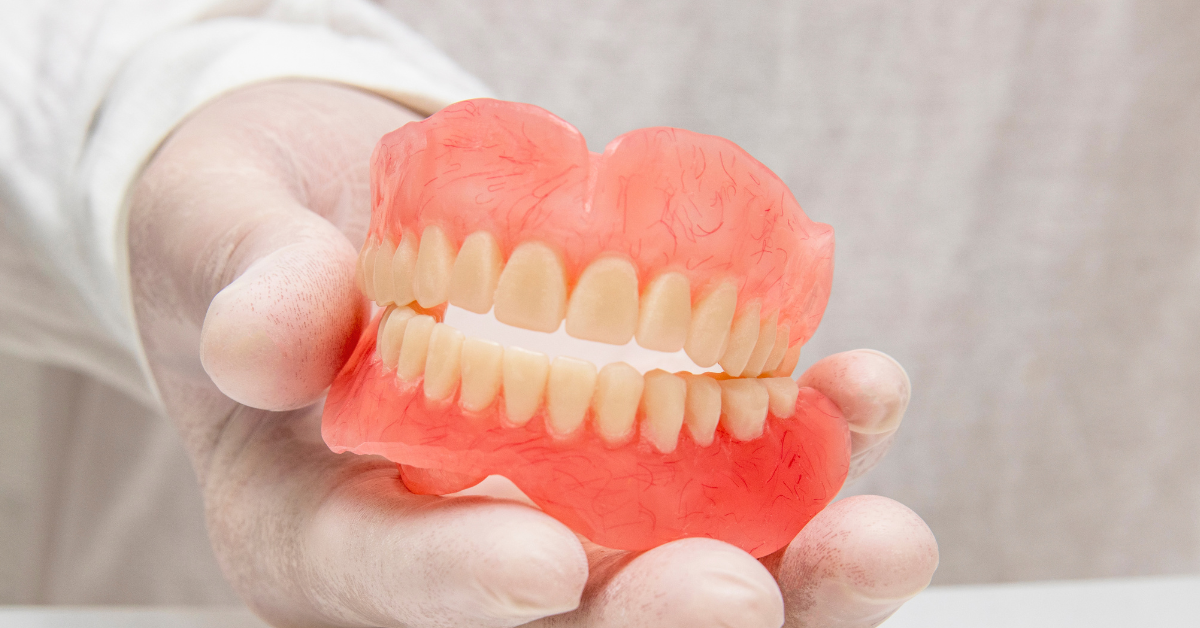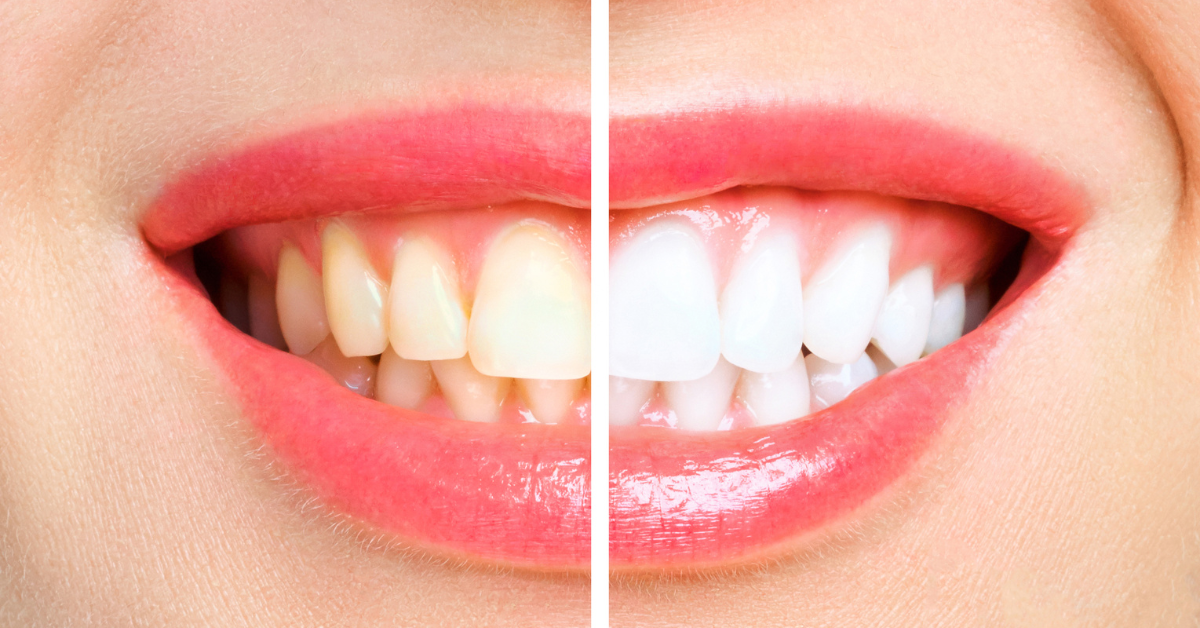Temporary dentures, also known as immediate dentures, are provisional dental restorations placed shortly after tooth extraction to maintain facial aesthetics and chewing function while permanent dentures are being prepared. While temporary dentures offer several benefits, adjusting to eating with them can be a temporary challenge. Understanding the limitations and following some simple tips can make mealtimes more enjoyable and comfortable.
Initial Considerations
When first wearing temporary dentures, it’s important to start with soft, easy-to-chew foods. Avoid hard, sticky, or chewy foods that may dislodge the dentures or cause discomfort. Cut food into small pieces and chew slowly and carefully to avoid straining the gums and jaw muscles.
Choosing the Right Foods
Opt for soft, well-cooked foods that are easy to manage with temporary dentures. Some suitable options include:
-
Soft cooked vegetables: steamed or boiled vegetables like carrots, broccoli, and potatoes
-
Soft cooked meats: lean ground meats, cooked fish, and soft poultry
-
Dairy products: yogurt, soft cheeses, and scrambled eggs
-
Soups and stews: hearty soups and soft stews
-
Pasta and rice: cooked pasta and soft rice dishes
Gradually Expanding the Diet
As you become more comfortable wearing temporary dentures, you can gradually expand your diet to include a wider range of foods. However, it’s important to continue to exercise caution and avoid foods that may pose challenges.
Tips for Successful Eating
Follow these tips to enhance your dining experience with temporary dentures:
-
Cut food into small pieces: This makes it easier to chew and reduces the risk of dislodging the dentures.
-
Chew slowly and thoroughly: Take your time and chew each bite carefully to prevent discomfort and straining the gums and jaw muscles.
-
Avoid sticky foods: Sticky foods can adhere to the dentures and make them difficult to remove.
-
Avoid hard foods: Hard foods can damage the dentures and cause discomfort.
-
Drink plenty of water: Proper hydration helps maintain saliva production, which aids in chewing and swallowing.
-
Use denture adhesive: Denture adhesive can provide additional stability and security, especially during the initial adjustment period.
Caring for Temporary Dentures
Proper care for temporary dentures is crucial for maintaining their function and comfort:
-
Clean dentures regularly: Brush your dentures gently with a soft-bristled toothbrush and a non-abrasive denture cleanser.
-
Remove dentures for overnight cleaning: Soak your dentures in a denture cleaning solution or water overnight to remove food debris and plaque buildup.
-
Handle dentures with care: Avoid dropping or bending the dentures, as this can damage them.
Consultation with Your Dentist
Regular consultations with your dentist are essential during the temporary denture phase. They will monitor your healing process, make necessary adjustments, and ensure the dentures fit properly throughout the process.
Conclusion
Eating with temporary dentures requires patience and adaptation. By following these tips and consulting your dentist regularly, you can make mealtimes more enjoyable and comfortable while you await your permanent dentures. Remember, temporary dentures are a temporary solution, and a healthy, functional smile will soon be restored with your permanent dentures. Please find the dental office near you in these locations: Attleboro, Chelmsford, Hyde Park, Jamaica Plain, Lynn, Manchester, Methuen, Roslindale, Taunton.




